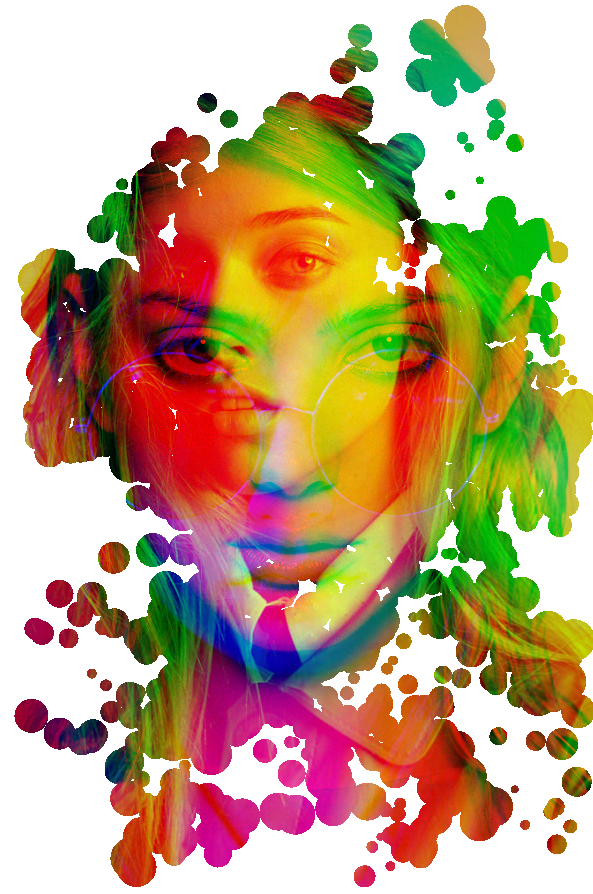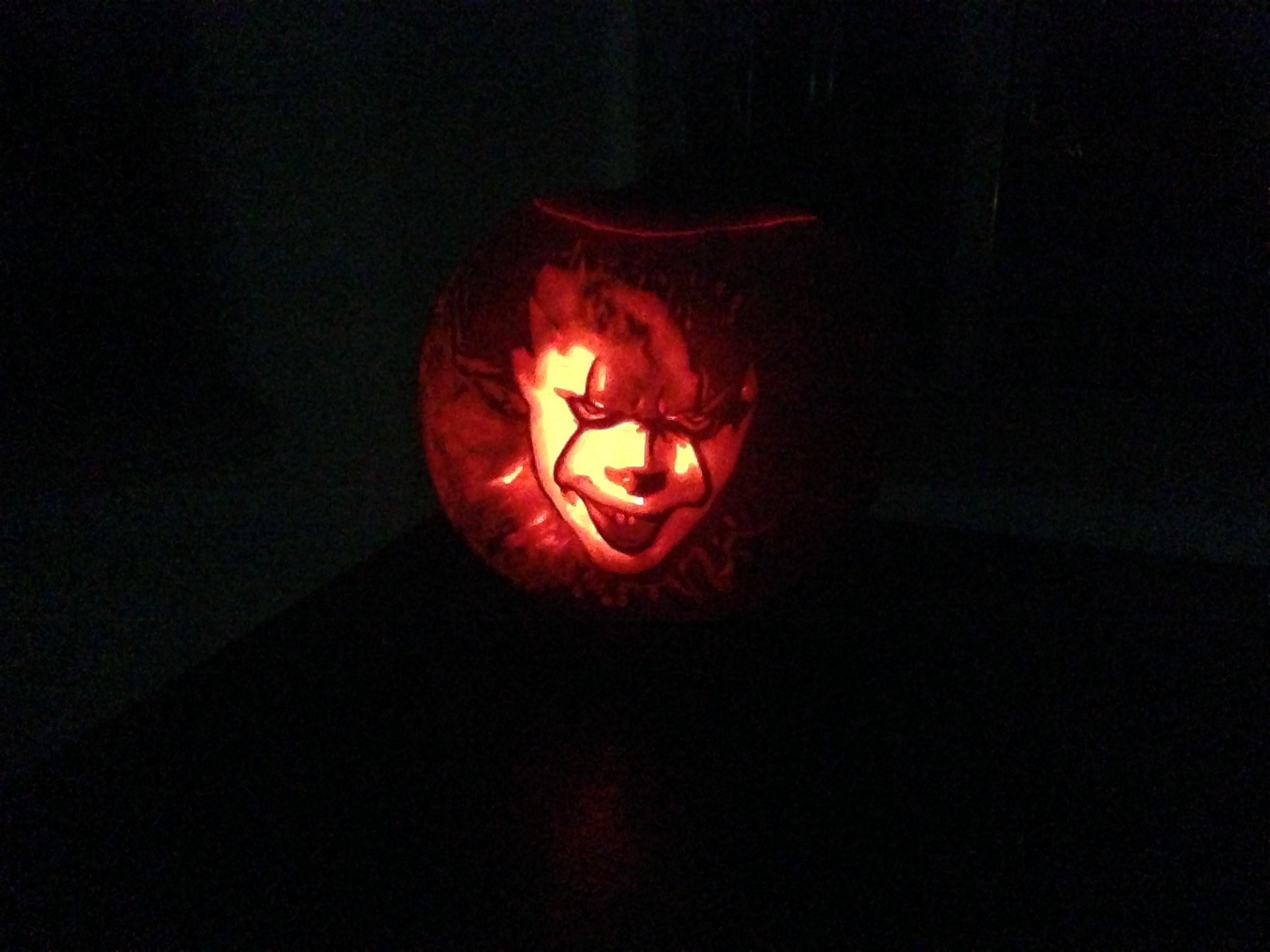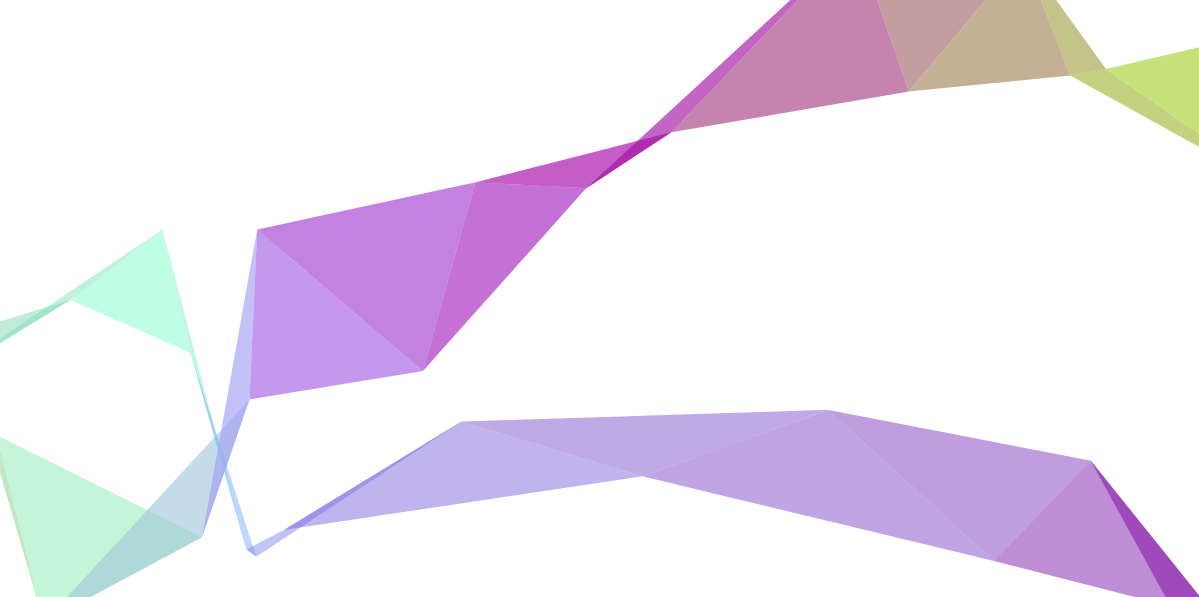Art
“The greater the artist, the greater the doubt. Perfect confidence is granted to the less talented as a consolation prize.” -Robert Hughes
From a young age, I was always fascinated by the ability of others to bring to life their imaginations through various media. I never quite developed a strong artistic ability it is something I return to from time to time.
PIXOLOGY
Imagine extracting the RGB values for each pixel of three individual images and recombining them in differing ways to create one image -this is pixology.
Programmed in Processing in June 2019.
For a more detailed walk through of this project click here.
For this output, only one RGB value was used from each of the three images to determine the the RGB value of the new image. For example, for each pixel in the new image the corresponding red pixel value is used from image one, the corresponding green pixel value from image two, and the corresponding blue pixel value from image 3 are selected and recombined to form the new RGB pixel value for the new image. The new image is revealed using a method that tracks the pixels within a randomly moving circle of varying size.
For the output below, the average of each corresponding RGB pixel value was calculated to form the new image RGB pixel value. The corresponding red, green, and blue values across all three images is averaged and used to create the new image pixels. By swapping the RGB values around (GBR or BRG) some unique colors are output.
The last image was created by average the pixel values of the three images similar to the method done above. However, an additional variable was added to each rgb value the changed over time introducing more or less of certain values. The result can have more red, green, or blue values at various times. A smear function was written that creates a wet paint look for the final image. A function that is still in development but provides a unique look.
CHARCOAL
Charcoal was one of the first mediums I felt most comfortable with. Shades of black charcoal on white backgrounds. Messy but simple. Below are some works from an assignment inspired by music lyrics depicted with charcoal.
PUMPKIN CARVING
Halloween comes around once a year and serves as an opportunity to create… if I have the time.
DIGITAL ART
If find working with a digital medium to be a new and interesting challenge artistically. There are many benefits and drawbacks depending on who you ask. I am further intrigued by using programming to generate art. The challenges this concept evokes in people fascinates me as it forces us to further discuss the question, what is art?
For example, the cascading triangles developed below was created in Processing. A random triangle vertex is created from which all future triangles are generated. The result, some kind of modern art the could have been painted or digitally printed. There was a loose idea, certain parameters assigned, and then programming just creates. Is this art?
Or, consider the Perlin noise flow field example below. Vectors point in directions that follow perlin noise in x, y, and time. Particles paint themselves as they get pulled along the flow field. Is the result art?
Cascading Triangles developed in Processing
Perlin Noise Flow Field developed in Processing
Sketch




















